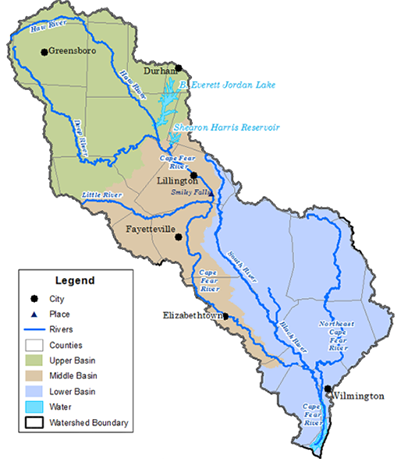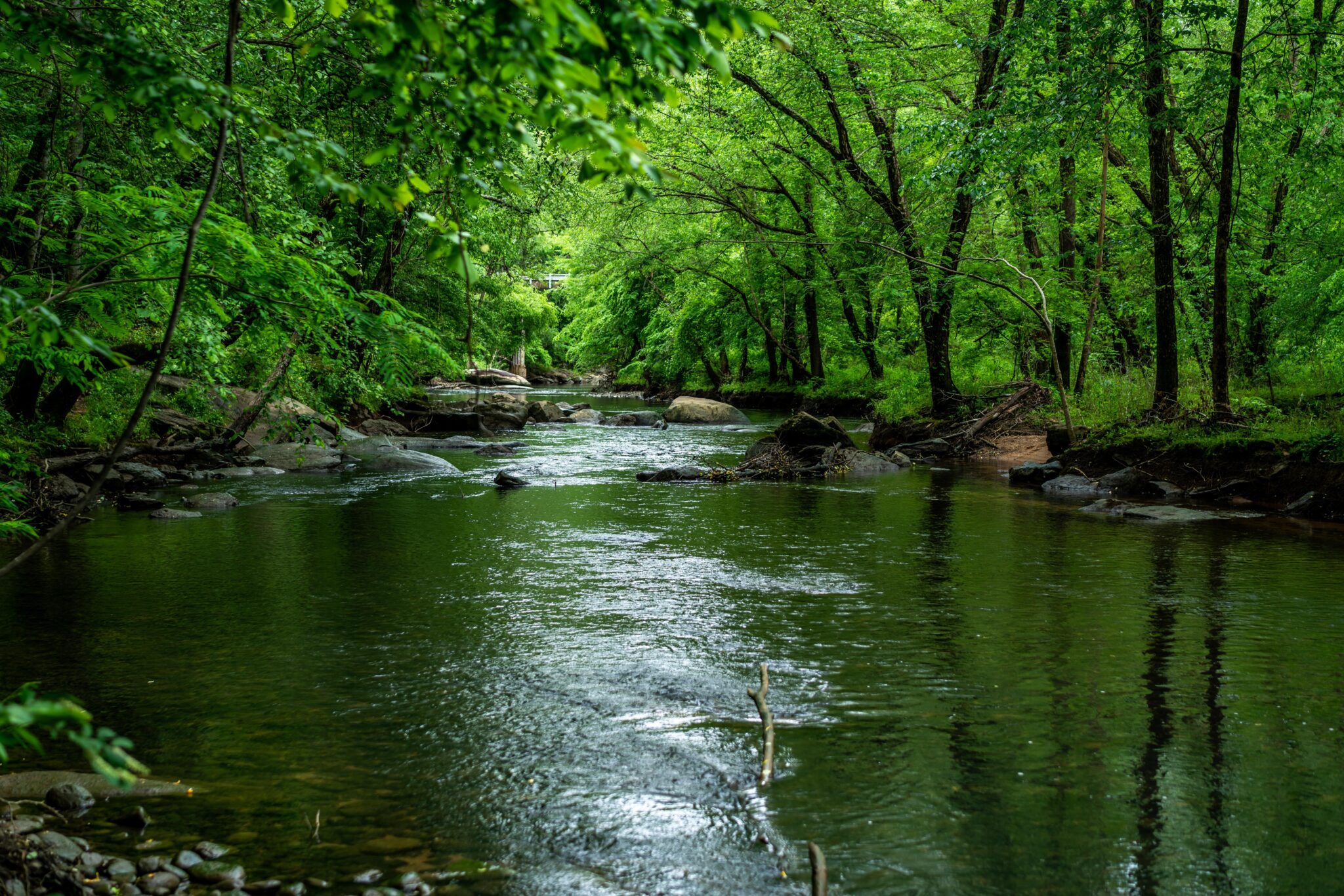New Coastal Community Collaborations Funded
FOR IMMEDIATE RELEASE
Contact:
Katie Mosher, North Carolina Sea Grant, 919-515-9069, kmosher@ncsu.edu
Three new projects have received funding from the North Carolina Community Collaborative Research Grant Program. Topics include research related to flood risks, emerging contaminants and new tourism options focusing on dark skies.
In its third year, the program known as CCRG leverages support from the William R. Kenan Jr. Institute for Engineering, Technology and Science (KIETS) at NC State University with funding from North Carolina Sea Grant.

“We are excited to continue to bring together new sets of researchers and community partners,” says Susan White, Sea Grant’s executive director. Each project is required to have a science expert and local knowledge expert.
Raj Narayan, KIETS associate director, adds that the projects address priorities of both programs. “The projects selected for CCRG support in 2018 continue to connect and bring together experts from higher education institutions, local community stakeholders, businesses, nonprofits and government organizations to work collaboratively for the benefit of North Carolina — and to reflect the innovative and impactful partnerships and collaborations enabled and leveraged through the CCRG program.”
The new projects and their respective partners are:
Assessment of Flood Risk and Simulations of Wetland Change in Pender County, N.C.
Joanne N. Halls of the University of North Carolina Wilmington; with Wesley MacLeod of Cape Fear Council of Governments; and Pat O’Mahony of Pender County
Pender County still feels the effects of Hurricane Matthew’s catastrophic flooding in 2016. It is one of many coastal communities that traditionally relied on wetlands to mitigate some flooding effects. These researchers will look at how freshwater and saltwater wetlands are affected by flooding and sea level rise. By simulating stormwater impacts on Pender County, an especially susceptible area, the team will investigate past and future wetland change. Their findings will provide insight for local government officials who make planning and development decisions.

Assessment of Novel and Legacy Poly- and Perfluorinated Alkyl Substances (PFASs) in Alligator and Fish of the Cape Fear River
Scott M. Belcher of North Carolina State University; with Madi Polera and Kemp Burdette, both of Cape Fear River Watch; and Theresa Guillette of NC State
This timely project focuses on emerging contaminants in the Cape Fear River. The research team hopes to gain insight into PFASs and their effects on the river’s wildlife and ecosystem. The team plans to compare their results with findings from separate ongoing research evaluating exposure to GenX and its impact on human health. They will share their findings with the public, as well as regulatory agencies responsible for setting health guidelines.
Nightscape Resources of a Sustainable Ecotourism Trail System on the Outer Albemarle Peninsula: Tyrrell, Washington, & Mainland Hyde-Dare Counties, N.C.
Stanley Riggs of North Carolina Land of Water; with Emily Jarvis and Brian Baker of A Time for Science; and Karen Clough of NC LOW
The Outer Albemarle Peninsula has a unique nighttime environment and night sky. Researchers are interested in nightscape resources currently available, as well as how light pollution can be decreased in the area. The team anticipates such insights will further understanding about how nightscape programs can benefit a range of needs, including ecotourism and K–12 lessons.
The night-sky project has additional funding support from North Carolina Space Grant.
###
North Carolina Sea Grant: Your link to research and resources for a healthier coast
- Categories:


